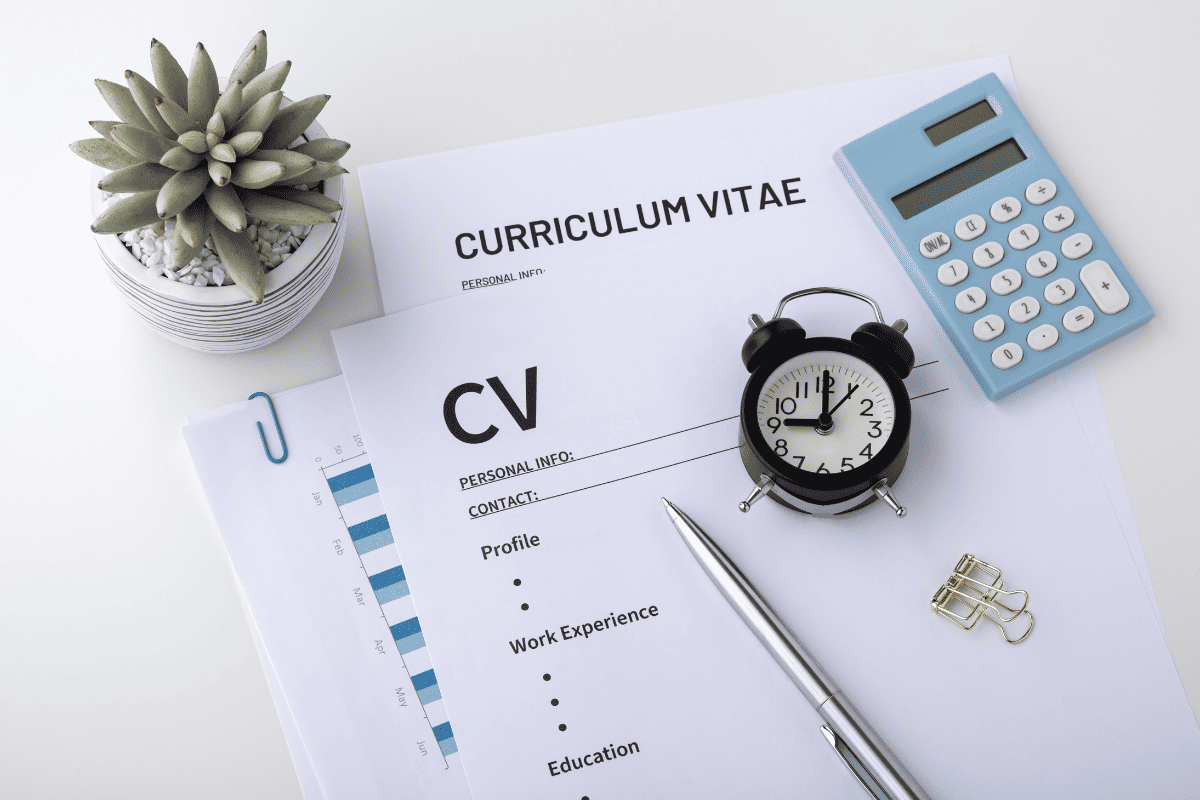Did your perfect CV appeal to recruiters and get you invited for an interview? This is great news - provided you prepare well for it. The first part of the interview is, of course, questions to you, allowing you to elaborate and clarify the information in your CV. Later on, you may need a practical verification of your competencies, i.e. a written or oral performance of a task. However, this is not the end of the interview - at this point the recruiter will most likely ask you if you have any questions for them. It turns out that a negative answer may be perceived as showing a lack of commitment. Therefore, it is best to ask two to three questions that will give you additional knowledge about the future job. What questions to ask during an interview? Use our tips and make an even better impression!
Why ask questions at a job interview?
The purpose of an interview is to provide a company with the best employee and you with a job that you are happy with. Therefore, it should not be treated as an exam, but rather as a a businesslike, partnership-like conversationwhich will give each party answers to the questions that arise. You can and should ask them too! Why do it? Thanks to this find out even more about the company - and that at the very source. You will also check whether your mutual expectations are the same and whether you are able to reach agreement on responsibilities, remuneration or employee benefits. By asking questions, you show yourself to be a professional, aware and knowledgeable candidate. These are valuable and important qualities for a future employer.
What questions to ask during an interview?
Remember that the answers should give you a broader picture of possible collaboration. Choose three to four questions from the list below and ultimately ask at least two of them:
1. What are the exact responsibilities of the position in question?
Most often it is already described in the job advertisement. However, if you feel it is not accurate or specific - ask about it.
2. What does a typical working day look like in this position?
This is basically the above question, but asked from a slightly more practical angle. It is useful to know what and how many responsibilities each day entails, if any.
3. What are the biggest challenges an employee will face in the position I am applying for?
It is a question of possible difficulties and obstacles, but at the same time of the trials we may be subjected to.
4. is this a new position or has someone previously held it?
The answer can help you understand the expectations and, at the same time, the development potential of the job. If you feel the need to do so, you can gently enquire about the reason for re-recruitment.
5. What development opportunities do I have in this position?
This question will show the recruiter that you are forward-thinking and have long-range plans with the company. It will also confirm your ambition and willingness to work.
6. Who will be my supervisor, how many people will be in the team?
It is useful to know who you will be working with and on what terms. Ask about the hierarchy at work and the model of cooperation with other units in the company in relation to the position you are applying for.
7. What implementation/employee support can I count on from the company?
It is a good idea to know even before making a final decision whether the employer offers support and additional benefits to its employees. When you ask such a question, you will find out whether you will receive the equipment you need for work, the possibility of group insurance or access to private medical care.
8. What will be the next steps in the recruitment process?
If the employer hasn't mentioned it before - ask if this interview is the final stage or if you will be told about the next one. You will then have time to prepare and schedule the meeting accordingly.
9. Are there any issues that we have not yet touched on that could be relevant to a future employee?
This is one of the ideal questions at the end of an interview. It shows that the answers to your questions have been exhausted, but it also gives the recruiter a chance to bring up additional topics.







